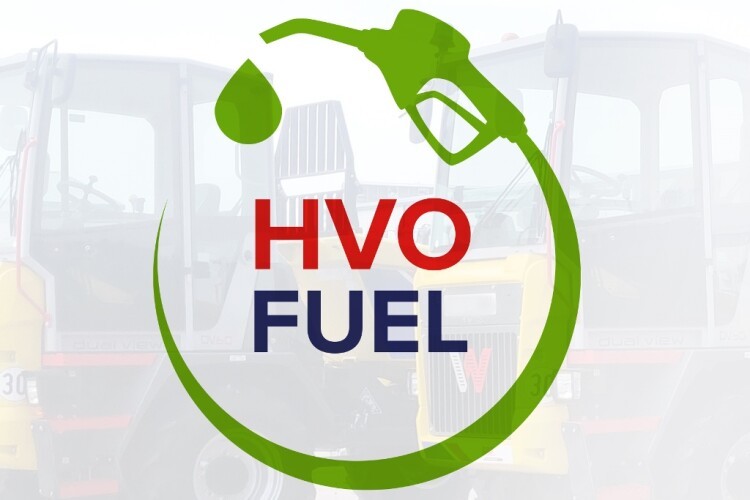17th Oct 2022

Environment Agency contractors have been told that they must stop using HVO fuel on EA sites from 30th September due to concerns that it is not always as environmentally friendly as advertised.
The EA said only that the use of HVO was under review. No final decision had been taken yet and suppliers will be notified when the assessment is complete, it said.
Although HVO is more expensive than regular diesel, it is sold as 90% net carbon neutral. Producers says that it reduces nitrogen oxide emissions by up to 30% and particulates by up to 85%. It is also biodegradable.
In an industry facing many challenges to reach government net zero targets, the cost has increasingly been deemed justified by the environmental gains – especially by public sector clients.
Over the past couple of years we have reported on numerous companies switching, either completely or at least on certain projects, to HVO. These include Bam, Kier, Skanska, Amey, McAlpine, Sisk, Lovell, Keltbray, Speedy, Carnell, Tarmac, Land & Water, Cadman Cranes, Aggreko, GGR, GAP Hire, Ainscough Crane Hire and Rock & Alluvium. In August 2021 the National Federation of Demolition Contractors (NFDC) directed its 140 members to switch to HVO or an alternative low-carbon solution.
What was recently seen as a slightly wacky fringe fuel is now a big enough business to prompt BP to invest millions in a 30% stake in Green Biofuels Ltd, the UK’s biggest supplier of hydrotreated vegetable oil.
However, not everyone is so keen on it. HVO has often been produced from palm oil, extracted from deforested rainforest plantations and transported halfway around the world. It maybe good with regards to tailpipe emissions, but embedded emissions in production and transportation are not so great.
Only 8% of all verified renewable fuel supplied to the UK is produced from UK origin feedstocks, according to latest government statistics. However, the same statistics report that 100% of biodiesel sold in the UK comes from waste feedstock (and 93% from used cooking oil), not from virgin palm oil. While that is the position now, an Environment Agency report last year expressed concern about the supply chain for waste oil and how long before it ran dry.
In a classic example of a lack of joined up government, while the Environment Agency looks at banning HVO, the Department for Transport still encourages its use. On the HS2 project it sponsored research into the benefits of HVO used by its contractors.
Read the full story in the link below from The Construction Index.
https://www.theconstructionindex.co.uk/news/view/environment-agency-puts-blocks-on-hvo
Back to News